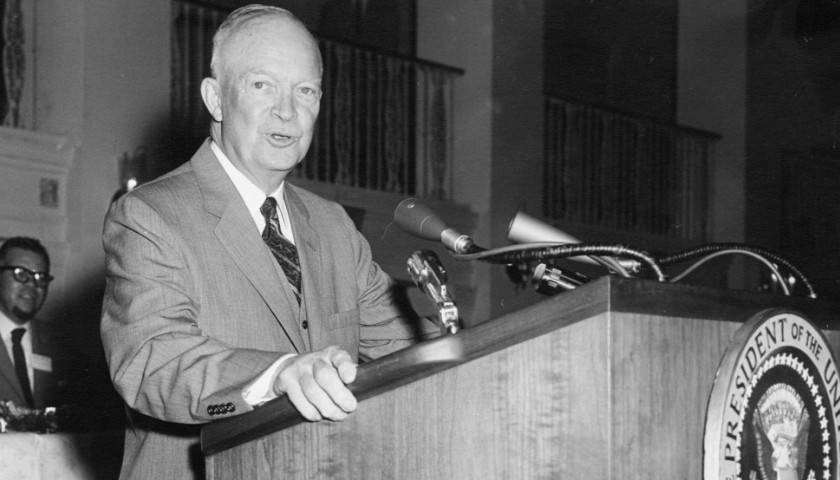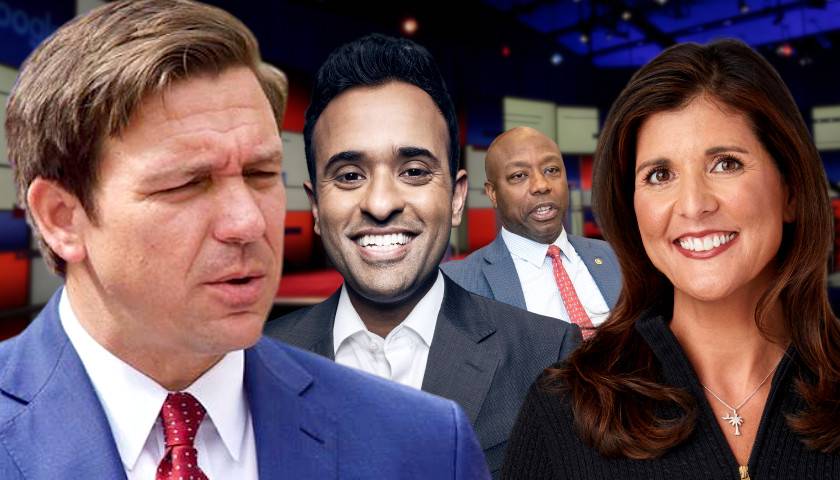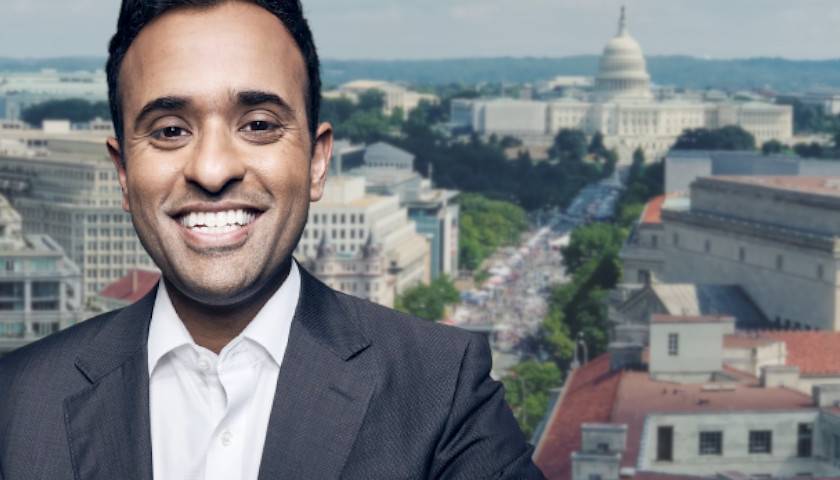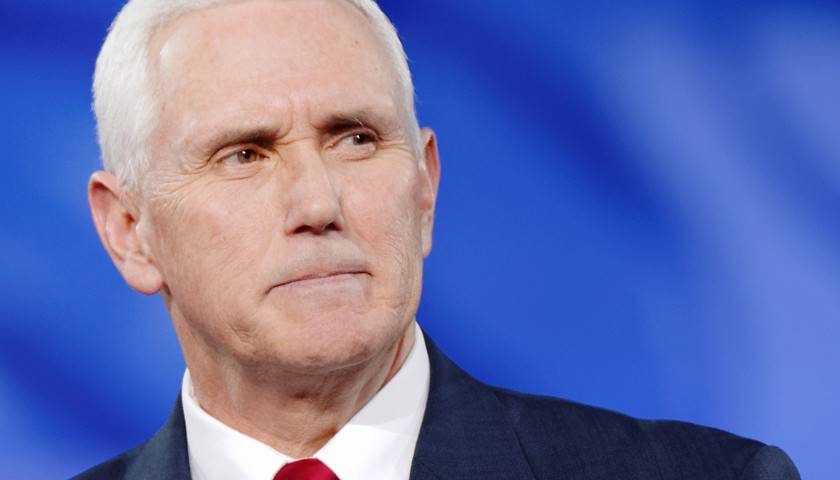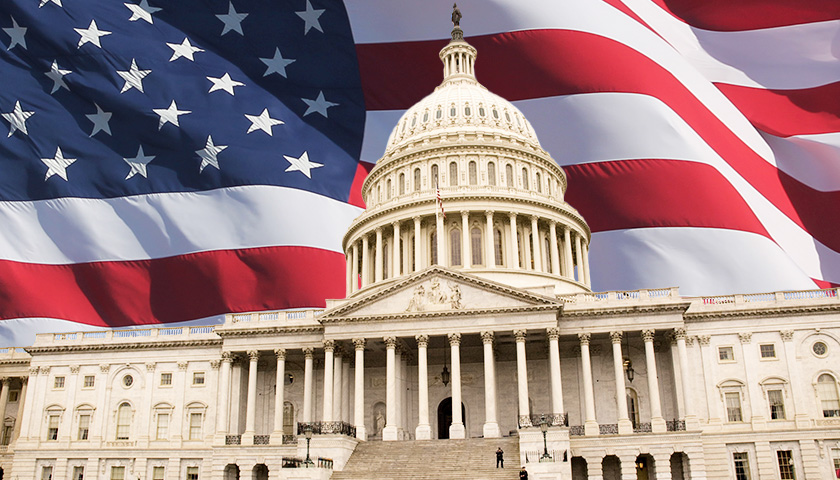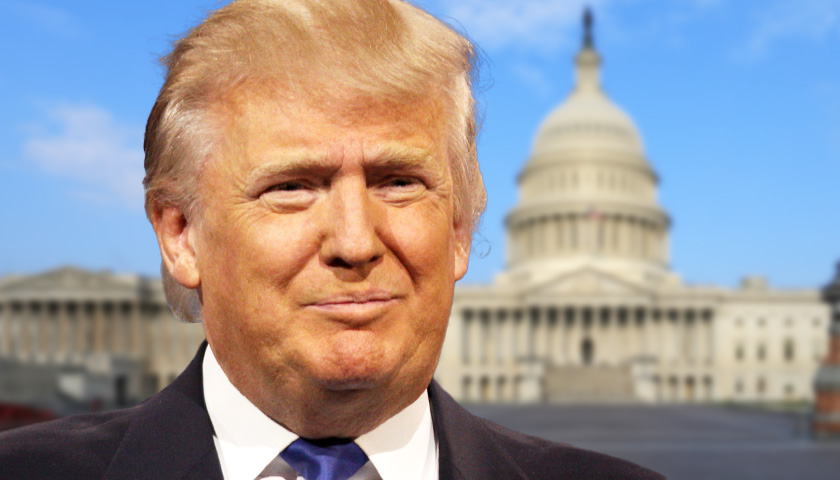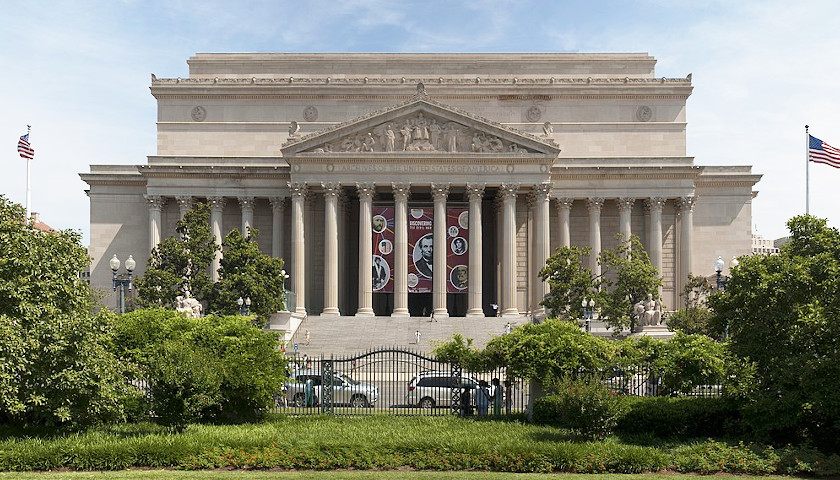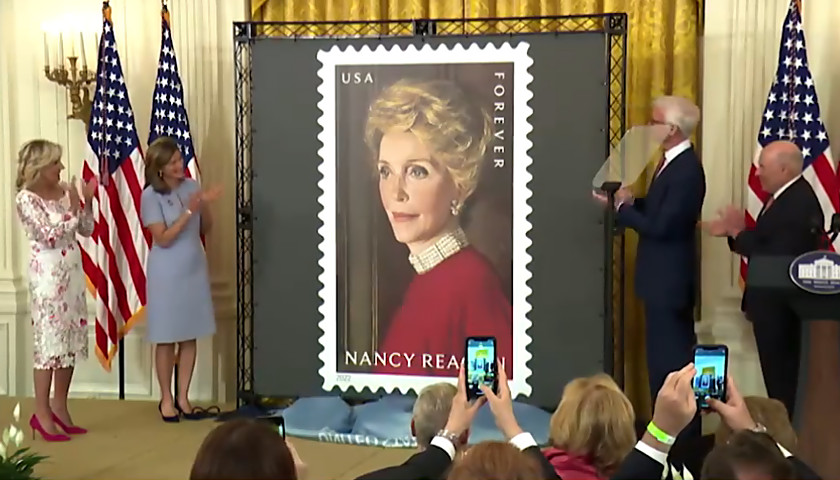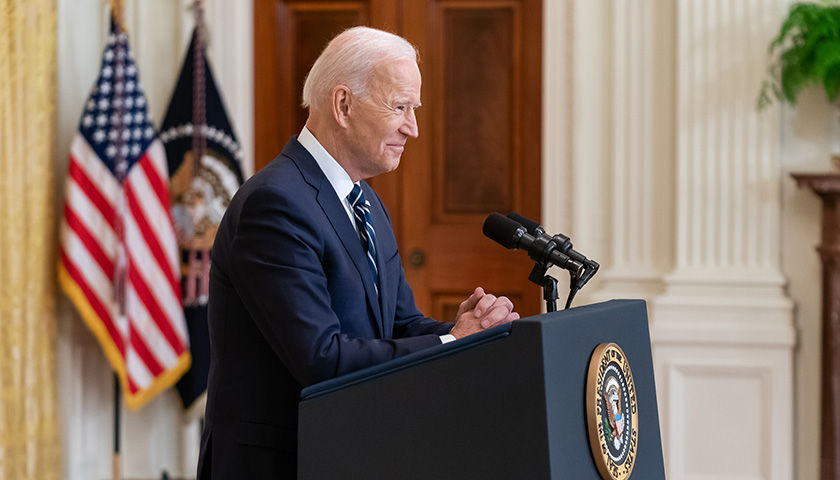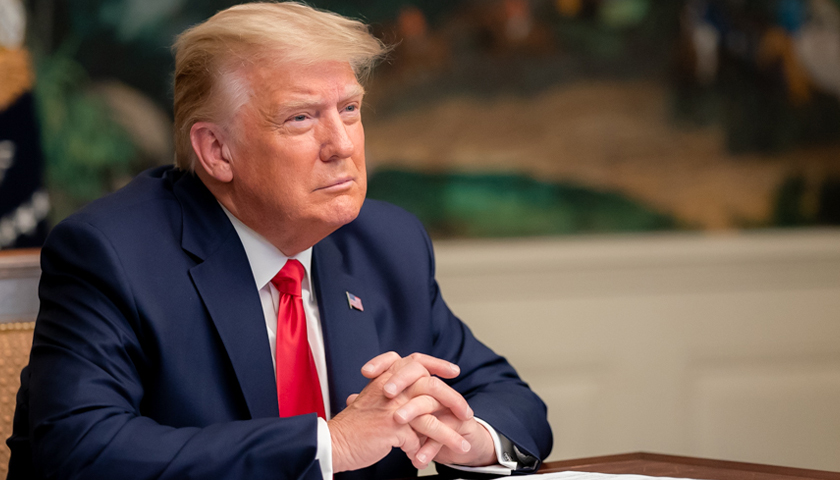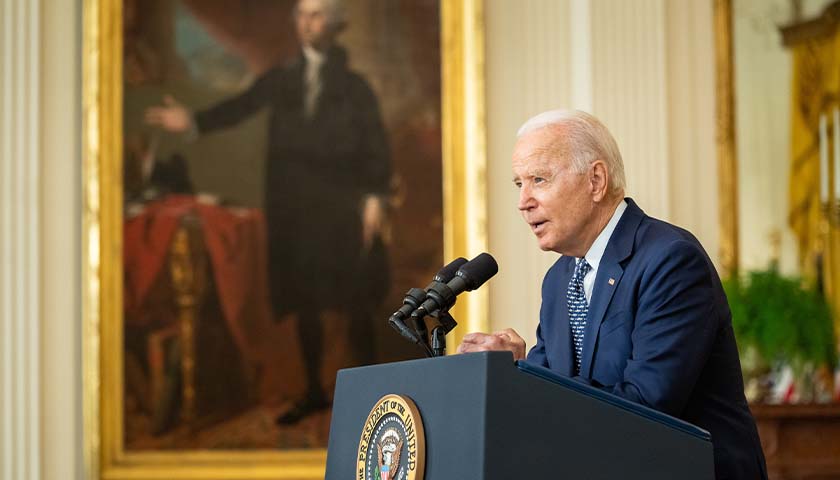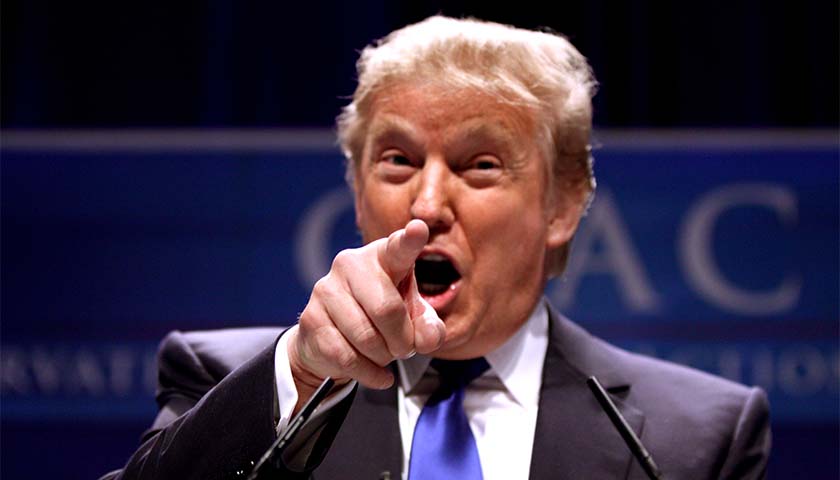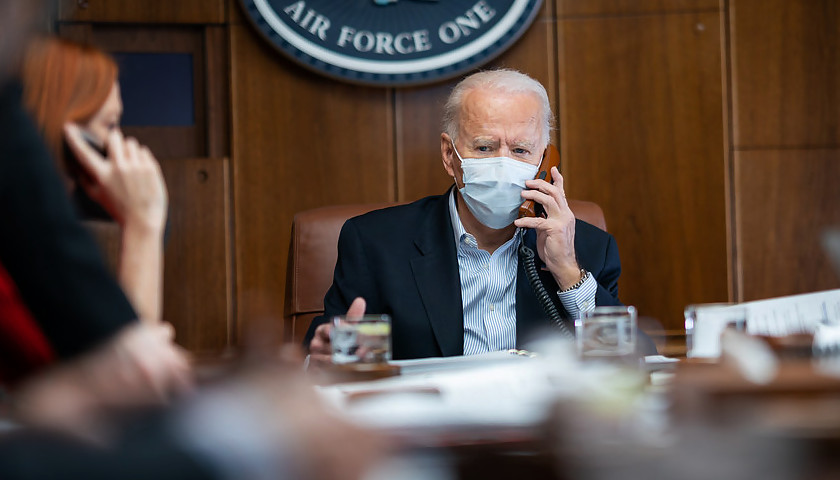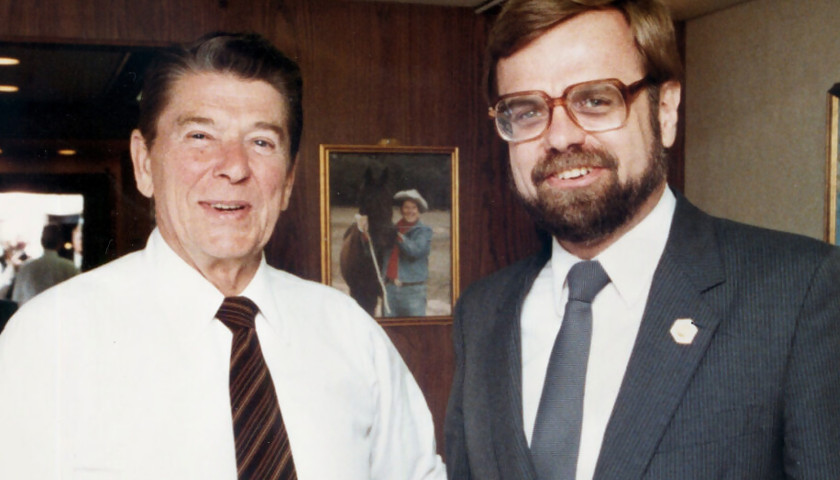The Russian invasion of Ukraine, along with increased tensions in the Middle East and the Indo-Pacific region, has generated many debates. Debates about the stability of the international order, the cohesion of NATO, and many others. But for the United States, one significant debate regards the size and expansibility of the American defense industrial base. It’s a discussion that is well past due.
Last year, Under Secretary of Defense Colin Kahl testified to Congress that, “What the Ukraine conflict showed is that, frankly, our defense industrial base was not at the level that we needed it to be to generate munitions.” But the challenge with ammunition is more symptom than cause, in economic terms something of a “leading indicator.”
Read More
